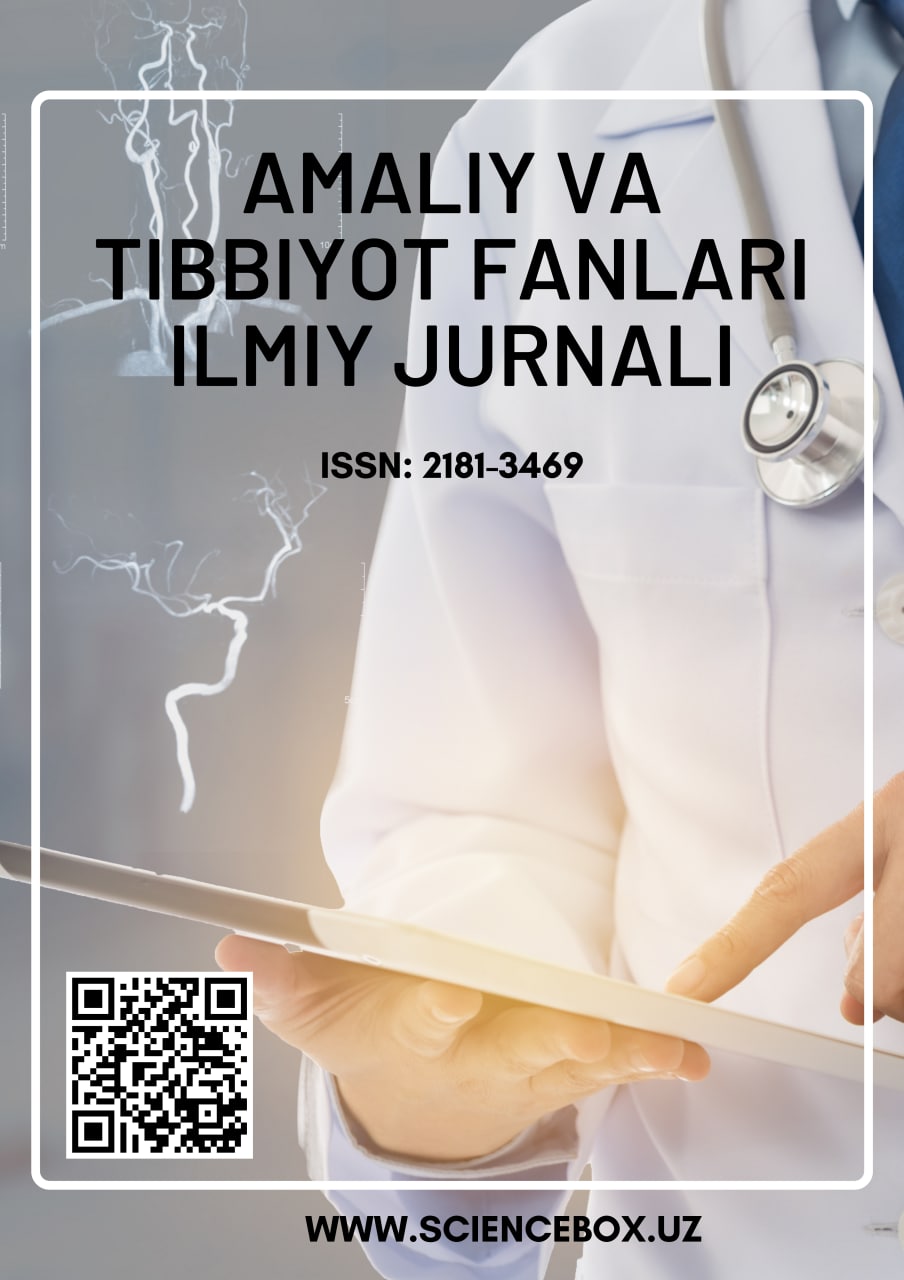Influence of Clinical and Immunological Parameters on the Frequency and Prevalence of Helicobacter Pylori in Patients with Gastritis
Keywords:
transformations, Helicobacter pylori, incidence, aspect, invasions, helpersAbstract
Helicobacter pylori is considered the etiological agent of acute and chronic forms of gastritis, and is also able to have a multifactorial effect on the host organism and on the nature of the immune response. The inflammatory response to H. pylori infection has its own characteristics. With the active course of inflammatory reactions, when the modulating effect of regulatory T-lymphocytes (T-reg) weakens and populations of pro-inflammatory cells (T-helpers of types 1-, 17-, 22 and follicular T-helpers) are activated, pronounced destructive changes in the mucosa occur. stomach and duodenum. Macrophages, dendritic cells, and neutrophils are cellular factors in the innate immune system and, like adaptive immunity, provide protection against infection. In turn, H. pylori uses a variety of mechanisms to avoid the destruction of the host's immune system. Long-term persistence of inflammation can cause local activation of mutagenesis, initiating the development of malignant neoplasms of the gastric mucosa. This analytical review is devoted to consideration of the features of the immune response of the host organism to H. pylori.





















